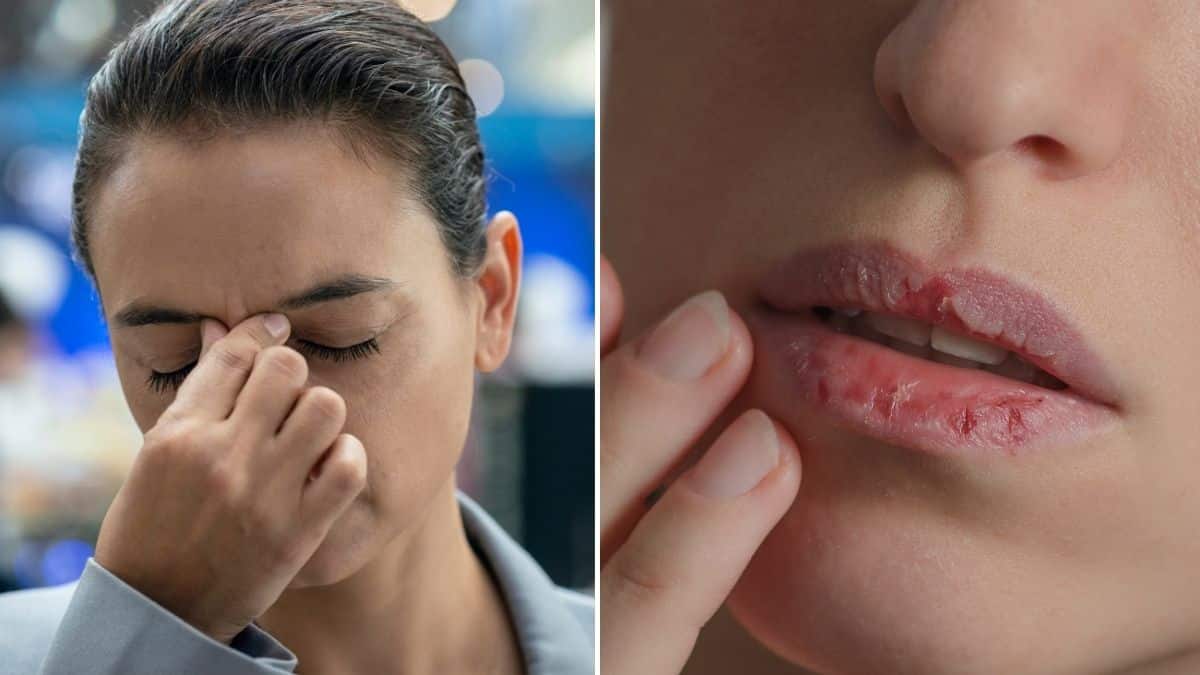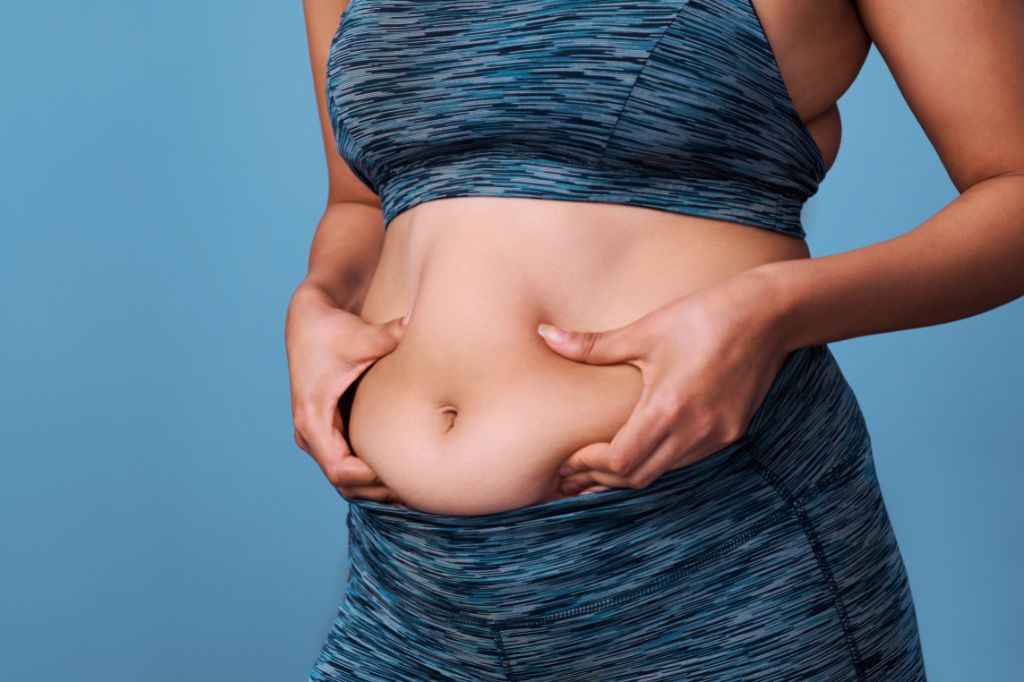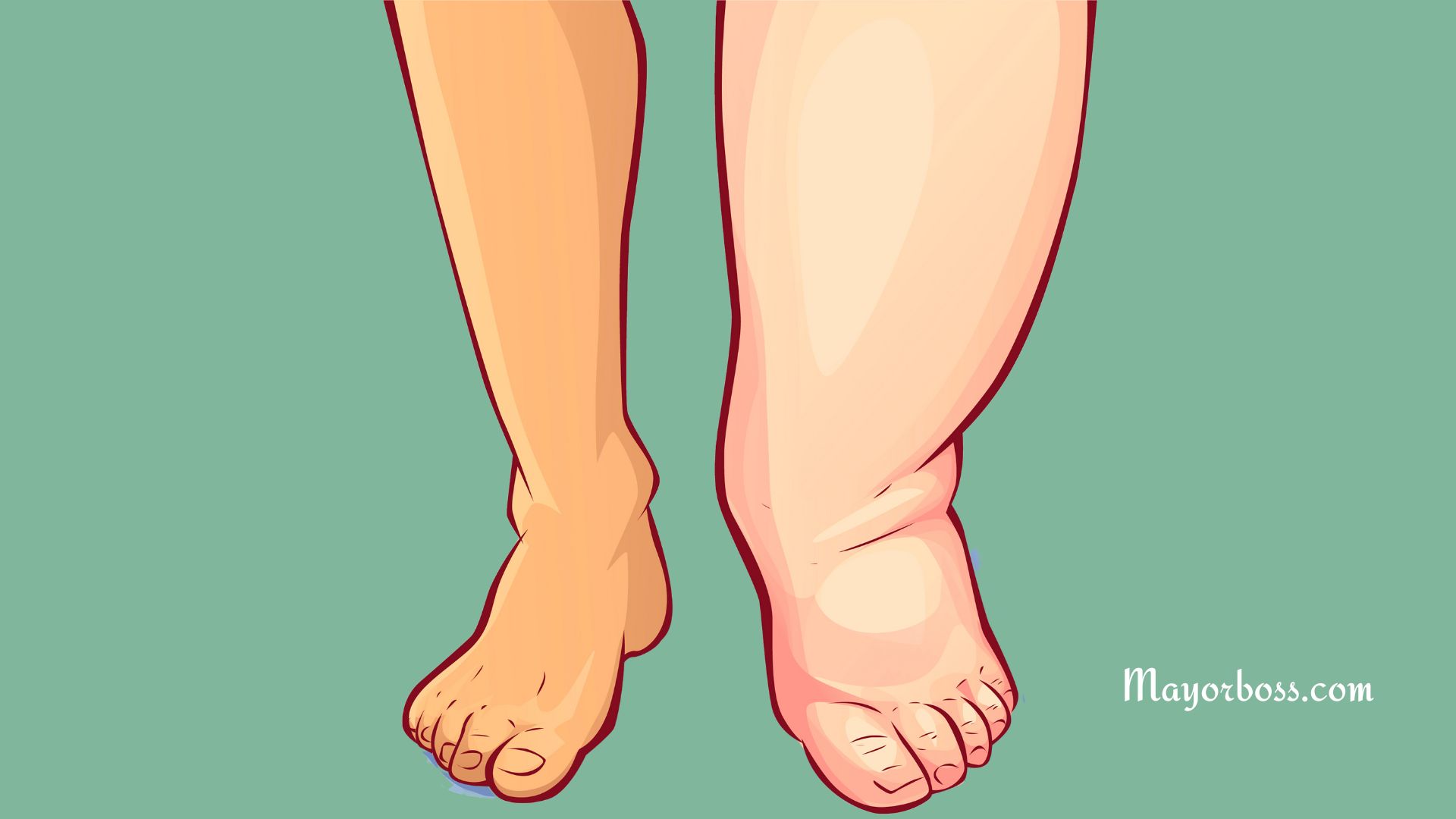14 Warning Signs That Your Body Is Lacking Water
Water is life. Without it, the body cannot perform its essential functions. From regulating temperature to removing waste, your system relies heavily on hydration. However, dehydration often creeps up on you before you even realize it. The key is knowing what your body is trying to tell you when it’s running low on water. Scroll down to see the warning signs that your body is seriously craving some hydration.

You Feel Constantly Tired and Sluggish
When you’re not drinking enough water, you’ll likely feel exhausted all the time. That’s because water plays a critical role in helping your cells produce energy. Without proper hydration, your body struggles to maintain energy levels, making you feel tired even after a full night’s rest. Fatigue is one of the earliest and most noticeable signs that your body is low on water. Multiple studies have shown that when the body is dehydrated, blood volume decreases, thereby causing your heart to function harder to pump oxygen and nutrients to your muscles and organs, leading to increased fatigue.
You’re Frequently Thirsty Throughout the Day
This might sound obvious, but if you’re feeling thirsty more than usual, your body is already behind on its hydration needs. Thirst is your body’s way of signaling that it’s running low on water. But if you ignore that feeling or try to substitute water with other drinks like soda or coffee, you might end up more dehydrated. According to Mayo Clinic, your body becomes dehydrated when it loses more fluids than it takes in.
Your Skin Looks Dull, Dry, and Wrinkled
Skin is one of the first places dehydration shows itself. When you don’t drink enough water, your skin loses moisture, becoming dry, flaky, and less elastic. Fine lines and wrinkles can appear more prominent. Research in one review suggests that dehydrated skin not only looks older but also loses its ability to protect against external damage like pollution. If your skincare routine isn’t working as it should, it might be a hydration issue instead of a product problem.
You Experience Frequent Headaches
A dehydration headache feels different from a regular headache—it’s usually dull, persistent, and gets worse with movement. When your body lacks water, it causes a reduction in blood flow and oxygen to the brain, triggering headaches. Plus, when you’re dehydrated, your brain can temporarily shrink from fluid loss, causing it to pull away from the skull and cause pain. Cleveland Clinic explains that dehydration-related headaches often occur when you’ve gone too long without drinking water, especially after intense physical activity or being in the heat for a while.
You Feel Dizzy or Lightheaded Out of Nowhere
Dehydration can make you feel dizzy or lightheaded, especially when you stand up quickly. That’s because low hydration levels can reduce your blood pressure, making it difficult for your body to circulate blood to the brain and other organs. This drop in blood pressure often results in feelings of dizziness or vertigo. If you’re feeling woozy after walking up the stairs or standing up too fast, it might be a sign that your body is running low on water. Talk with your doctor if this feeling persists.
You’re Urinating Less or Your Urine Is Dark
One of the clearest signs of dehydration is a change in your urine. If you’re not using the bathroom as frequently as usual or your urine is darker in color, it’s a strong indicator that you’re not drinking enough water. Typically, well-hydrated urine is light yellow or nearly clear. The darker your urine, the more concentrated it is and the more dehydrated you are. Expert advises that if your urine looks more like apple juice than lemonade, it’s time to up your water intake.
You Feel Confused or Disoriented
Mental clarity can take a hit when your body lacks water. Even mild dehydration can affect your brain’s ability to function properly. You might find yourself forgetting things, feeling confused, or having trouble focusing on simple tasks. According to research, dehydration impacts your cognitive abilities because your brain requires adequate hydration to keep neurotransmitters firing. Consequently, if you’re feeling mentally foggy, it could be your body’s way of asking for water.
You Experience Muscle Cramps or Spasms
Muscle cramps are a classic sign of dehydration, particularly after exercise or physical exertion. When your body loses water through sweat, it also loses essential electrolytes like sodium and potassium, which are crucial for muscle function. Without proper hydration and replenishment of these electrolytes, your muscles can begin to cramp or spasm. Cleveland Clinic recommends that if you’re experiencing muscle cramps regularly, you should hydrate more, especially if you’re active.
You’re Frequently Constipated
If you’re struggling with constipation, it could be a sign that your body is dehydrated. Water is essential for moving waste through your digestive system. When you’re not drinking enough, your colon absorbs more water from the food you eat, making your stool hard and difficult to pass. Per Harvard Health, staying hydrated is one of the simplest ways to prevent constipation and maintain a healthy digestive system.
Your Breath Smells Bad Even After Brushing
Bad breath can be an unexpected sign of dehydration. Saliva helps cleanse your mouth by washing away food particles and bacteria, but when you’re dehydrated, your body produces less saliva. This leads to the accumulation of bacteria in your mouth, which is a common cause of bad breath. If you notice your breath smells bad even after brushing your teeth, it might be time to drink more water. Hydration is key to keeping oral bacteria in check.
You Get Sick More Often Than Usual
Water plays a crucial role in your immune system. Staying hydrated ensures that your body can flush out toxins, transport nutrients to cells, and maintain the function of vital organs. When you’re dehydrated, your immune system weakens, making you more vulnerable to illnesses. According to experts, drinking enough water helps support your body’s natural defense mechanisms.
Your Heart Beats Faster Than Normal
When you’re dehydrated, your blood volume decreases, which causes your heart to pump harder and faster to deliver oxygen and nutrients throughout your body. This can lead to a rapid heart rate or palpitations. There is evidence that dehydration can place unnecessary stress on your cardiovascular system. If you notice that your heart is racing after minimal physical activity, it might be a sign that your body is lacking water.
You’re Craving Sugary Foods
Oddly enough, dehydration can sometimes make you crave sweets. When your body lacks water, it struggles to break down and release stored energy, leading to cravings for quick sources of energy, like sugar. If you notice an uptick in sugar cravings, it could be your body’s way of signaling that it needs hydration, not another snack. Research shows that staying properly hydrated can help regulate these cravings.
You Have a Dry Mouth or a Sticky Feeling in Your Mouth
A dry mouth is one of the most immediate signs that your body is dehydrated. When you’re low on water, your salivary glands produce less saliva, leaving your mouth feeling dry and sticky. According to the National Institute of Dental and Craniofacial Research, dry mouth can lead to other complications like difficulty swallowing or even tooth decay. So if your mouth feels like sandpaper, it’s time to reach for that water bottle.
Conclusion
Your body is constantly working to tell you when it’s running low on water, and recognizing these signs can help you stay ahead of dehydration. From fatigue and headaches to more serious symptoms like confusion or rapid heartbeat, dehydration can affect every system in your body. The good news? The solution is simple—just drink more water. If you notice these symptoms, don’t hesitate to reach for a glass of H2O. And, of course, if any symptoms worsen, make an appointment with your doctor.






